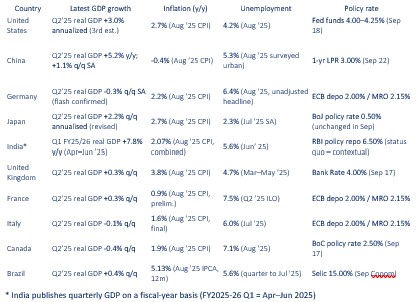Lick it, or become like China
- Mark Williams

- Mar 30, 2020
- 4 min read

Coronavirus cases continue to mount world-wide. It’s getting to the point now where we all know somebody with symptoms and nearly everyone knows a family that has lost somebody to Covid-19. My family and I have some of the symptoms. We have been voluntarily isolating since 20th March. We and several of our neighbours have had some symptoms in common with one neighbour who was tested and was found to have Covid-19, so in our street we are taking no chances. An informal network of help has sprung up. Those who are able, go out shopping or run chores for those in isolation. We hope in turn to do our bit and hope to move about freely with immunity if it does transpire that we were infected and recovered.
We live in a small, semi-rural town in London’s outer commuter belt; it is tempting though probably pointless to model London or the country’s or the world’s real infection rate by projecting our own local experience. Still, that’s what I am going to do.
According to the Johns Hopkins Coronavirus Resource Centre, at 2100 BST on Sunday, there were 713,171 confirmed cases of Covid-19 world-wide. Out of that total, 148,995 people have recovered, 33,551 have succumbed and the rest have yet to reach a clinical outcome. These are miniscule numbers in a global population of around 7.8 Bn people. Even if we add two zeros to all the numbers to account for the tiny percentage of tests for those with symptoms, we still only get to 71.32 Mn infections and 14.9 Mn recovered so far.
The public health inference is clear: this virus is still in its early stages and it may infect billions before a vaccine can be readied for general use. The economic inference is worrying: how do we balance economic output with public health before entire states start to run out of liquidity? The political inference is less clear: governments are habituated to winning popular support based on how well they handle the economy to pay for public services like defence, infrastructure, basic education, and in some cases public health. Most governments are unwilling to give up the norms of economic good management for more than the bare minimum of time.
China insists that its economy is back on its feet even as it fears imported cases from people returning home. Donald Trump wanted the churches full at Easter but now says that was only an aspiration and one hundred thousand dead would prove he had done a great job. He clearly doesn’t like projections aired in the media (even on Fox News) of 20% unemployment and a 24% fall in GDP in 2Q20. His treasury secretary Steven Mnuchin was deployed on Sunday. He told Fox News, “I don't know what the numbers are going be this quarter…What I do think is, we are gonna kill this virus. We're gonna reopen this economy. And in the third quarter of this year, you're gonna see this economy bounce back with very large GDP numbers and very low unemployment back to where we were beforehand."
In other words, don’t force me to forecast the short-term but I have some very good forecasts for the longer term.
Mr Mnuchin’s comments might feel counter-intuitive when we remember that the global ratio of infected to non-infected persons is still very small and the infection rate is still growing very fast. But his approach makes complete sense politically. The message is – we will defeat this and be stronger, and you can thank your government for its leadership at the appropriate time (the November elections). It also makes some sense economically if you start from the assumption that the Coronavirus is just a pothole in the road we were already travelling. We might burst a tyre but we have a spare and, in any event, here is 2 Tn worth of spare parts and gasoline to keep us going. But: do his comments make sense from a public health perspective?
THE TAKE AWAY

This week’s takeaway is simple: for the global economy to bump through the pothole of Coronavirus but keep motoring along as before, the economic consequences must be over within 3Q20 and preferably within 2Q20. Governments fear the alternative: an open-ended commitment to draconian public health measures; possibly unacceptable levels of popular surveillance and control; financial support for and central control of most sectors of the economy including basic food and production and distribution; and the effective nationalisation of the workforce. In short, if we can’t lick the virus soon, the whole world is going to look a lot more like China, which was not on most governments’ agendas.
But don’t lose hope just yet if you can believe in several conditions. If the virus has spread much more widely than official numbers suggest and if well over 90% of the infected make a full recovery, then at some point it will be possible to allow the recovered portion of the population back to work while continuing to expend great effort to care for the smaller, at-risk proportion of the population. If the well-again people are prepared to shoulder the economic burden in a new or rediscovered sense of community cohesion, then Mr Mnuchin’s longer-term forecast may be right. His boss clearly is hoping for the latter scenario. Probably we all should.



Comments